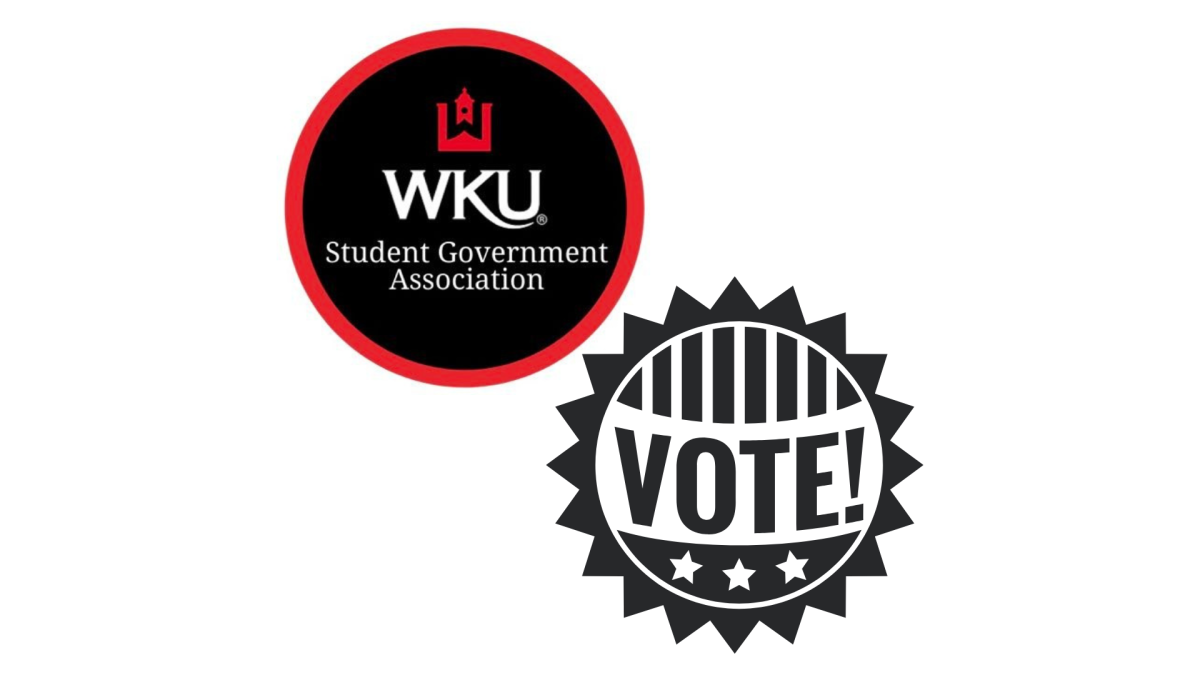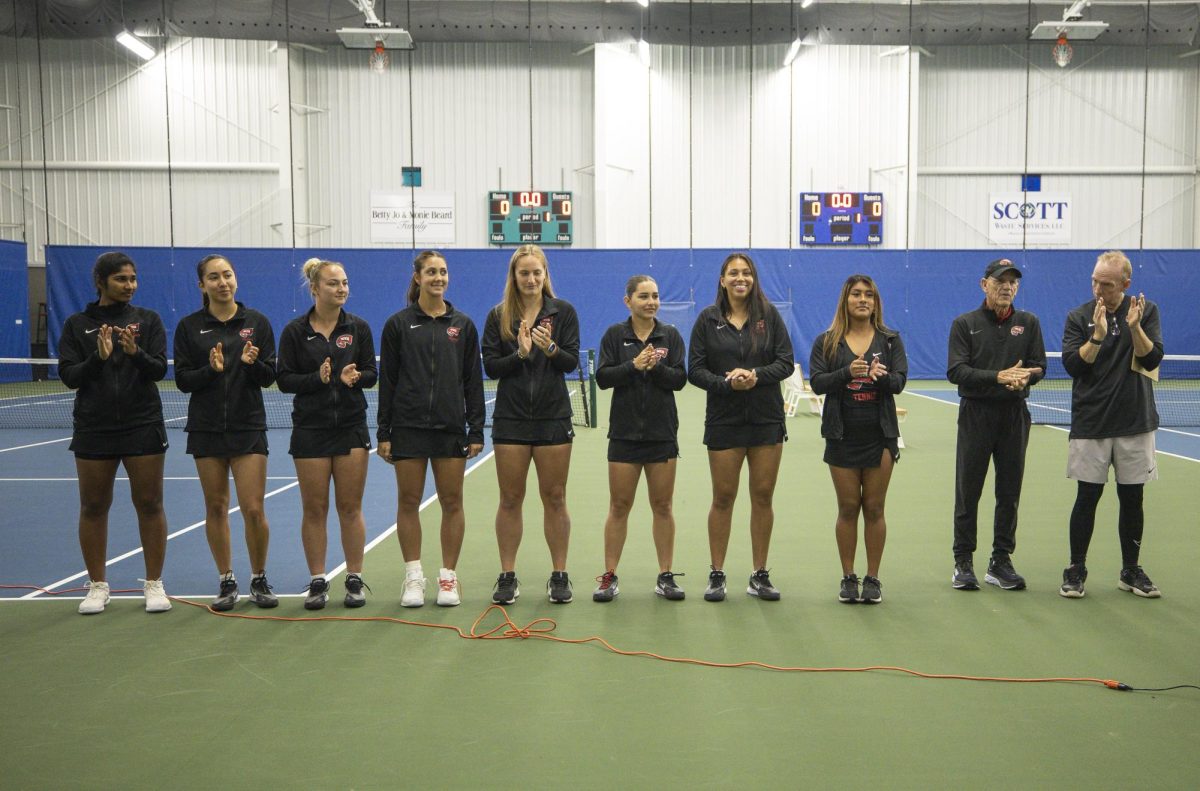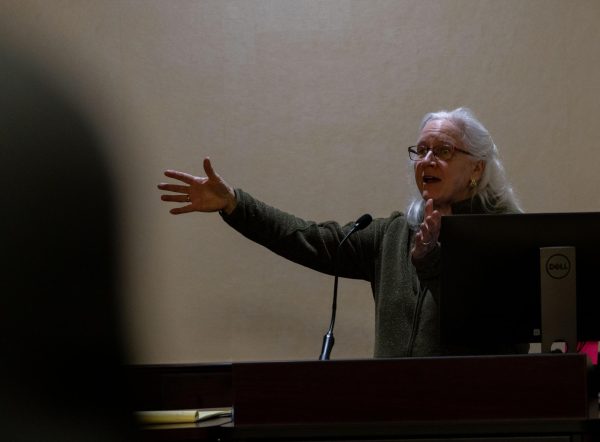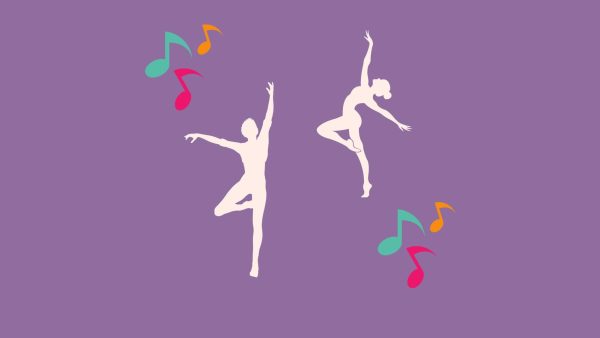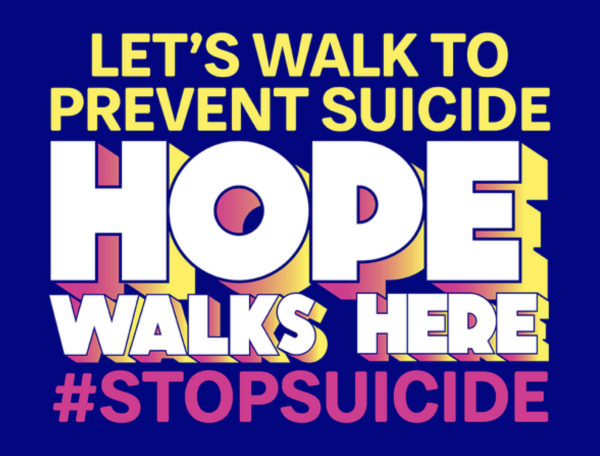Pop culture major has wide appeal
February 18, 2011
Each semester, professors in WKU’s pop culture major offer a specialized class to give upper-division students a unique look at how society relates to their studies.
That class (POP 399) is centered around soap operas this spring. The class is instructed by Sam Ford, a WKU graduate who previously taught the class at the Massachusetts Institute of Technology.
Scottsville junior Craig Lonas said the class gets him in contact with experiences he never would have had otherwise.
“Where else can I study ‘The Bold and the Beautiful’ as a semester project or theorize about the effects that ‘Saturday Night Live’ has on society?” Lonas said. “I’m a pop culture major, and I’m proud.”
The option to major in popular culture studies was made available in fall 2009, and the 34-hour major became something current students could add to their already-established workload.
“The idea there was so that if students wanted to double major, it would not be impossible to do so,” said Tony Harkins, associate professor and director of the pop culture major.
Harkins said the major can apply to many career options.
“It’s kind of a make-your-own-career kind of major,” he said. “I see it as essentially a liberal arts degree, preparing you in the same way an English degree would, or history or philosophy.”
As of now, pop culture is only offered as a major, and there are no current plans to offer it as a minor because there would be too much overlap with existing minors, according to the Pop Culture Studies website.
Elizabethtown freshman Brenna Sherrill said she’s double majoring in pop culture and journalism in hopes of working at an entertainment magazine.
“This seemed like the perfect way to approach that from an angle that a lot of people probably don’t get the opportunity to study,” Sherrill said.
Harkins said pop culture majors should take Introduction to Popular Culture Studies (POP 201) as soon as possible.
There’s a single section of the introduction class each semester, which is team-taught by two instructors. Although the class is capped at 40 students, Somerset freshman Lendee Sanchez said she signed up late but still found a spot.
Pop culture classes deal with issues of class, gender, race and economics.
Because of that, Sanchez said she’s “really glad” she became a pop culture major.
“Pop culture really affects a lot of what we do and what we think,” she said.
Another important topic in pop culture is “the relationship between audiences and producers of culture and culture itself,” Harkins said.
Harkins said Ford’s class focuses a lot on the audience experience, as Ford works for a public relations firm and is able to get his class a hands-on opportunity.
Harkins also said Ford has made a deal with “The Bold and the Beautiful” so that his students will be able to interview producers and writers from the show.
Film is often used in pop culture classes. Harkins said students mostly view documentaries rather than plot-driven films.
One example Harkins gave was the documentary “What Would Jesus Buy” on religion and consumerism and to what degree they conflict with each other.
Lonas thinks majoring in pop culture will give him a competitive edge over other college graduates.
“It seemed at first like a bit of a breeze,” Lonas said. “But I have never been challenged as academically as I have with my pop culture major.”










